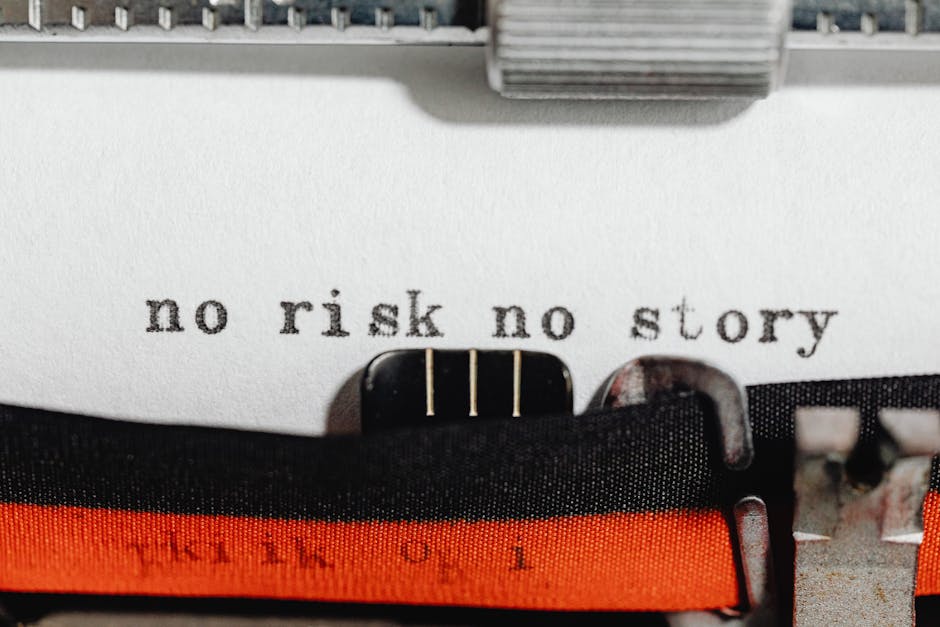Poetry, often perceived as a vehicle for aesthetic expression, has also consistently served as a potent force for social change. Throughout history, poets have been more than mere storytellers; they have been vocal critics, provocative questioners, and passionate advocates for challenging the prevailing norms of their time. From ancient Greece to the modern age, the poetic voice has echoed through the ages, shattering expectations and sparking conversations about justice, equality, and human experience.
Early expressions of dissent, often found in the oral traditions of ancient societies, laid the groundwork for future generations of poets. Homer’s epic poems, for example, while celebrating heroic deeds, also hinted at the complexities of human nature and the flaws within established power structures. The struggles of Odysseus, far from being simple narratives of triumph, implicitly questioned the arbitrary nature of fate and the consequences of human action. Similar themes of challenging the gods’ authority and questioning societal hierarchies emerged in ancient Greek tragedies, like those of Sophocles and Euripides.
The Middle Ages saw poets like Chaucer and Dante continue this tradition, albeit within a different socio-political context. Chaucer’s Canterbury Tales, with its diverse cast of characters and their often bawdy stories, offered a sharp critique of the Church and the aristocracy. While often appearing as mere observations, these satirical depictions implicitly challenged the rigid social classes of the time and highlighted the human fallibility at the heart of the established power structure. Likewise, Dante’s Divine Comedy, with its allegorical journey through the afterlife, offered a commentary on the theological and political landscape of his time, showcasing the potential for poetic dissent against perceived injustices.
The Renaissance witnessed a flowering of poetic voices that fiercely debated the limitations imposed by societal norms. Shakespeare, for example, explored the intricate tapestry of human relationships, challenging societal expectations regarding gender roles, love, and betrayal. His female characters, though often still confined by the constraints of the era, frequently demonstrated strength and agency. The plays, which often tackled controversial topics, allowed for indirect engagement with social norms, thereby prompting audiences to consider alternative perspectives and question the societal norms of the time. Similarly, poets like John Donne challenged conventional poetic forms and religious beliefs, paving the way for a more personal and introspective style of poetry that further embraced the idea of individualism.
The Enlightenment brought about a wave of change, fueled by new ideas about reason and human rights. Romantic poets like William Wordsworth, Samuel Taylor Coleridge, and Lord Byron actively engaged with political and social movements. Wordsworth’s focus on the natural world, while seemingly introspective, also reflected the struggle to reconcile the rapid industrialisation of society with a more agrarian, poetic aesthetic. Byron, a champion of individual liberty, often used his poetry to critique social injustices and champion the rights of the oppressed, openly condemning oppression in his work and inspiring generations through his revolutionary ideals.
The Victorian era, marked by rapid industrialization and social change, presented new challenges for poets. Poets like Elizabeth Barrett Browning used their craft to highlight the plight of marginalized groups, including women and the working class, using powerful imagery and emotionally evocative language to appeal to the reader’s conscience. Christina Rossetti and Emily Dickinson, with their introspective explorations of the inner self, challenged conventional notions of female sensibility and literary expression.
The 20th century witnessed a dramatic shift in poetic styles. Modernist poets, like T.S. Eliot and Ezra Pound, directly challenged traditional poetic forms and structures, reflecting the anxieties and disruptions of their time. The experimentation with language, form, and subject matter in their works served as a rebellion against the established literary conventions, and reflected the shifting paradigms of the modern world. Similarly, poets of the Harlem Renaissance, such as Langston Hughes and Zora Neale Hurston, used their art to reclaim Black identity, challenge racial stereotypes, and celebrate the richness of African American culture. They brought to the forefront the injustices faced by Black individuals and demonstrated the power of poetry to challenge societal norms and create lasting change.
The contemporary period continues this trend. Poets like Maya Angelou, a celebrated African American author and activist, utilized their poetic voices to address social and political issues of the day, speaking for the voiceless and demanding justice. Furthermore, poets are constantly pushing the boundaries of language, experimentation, and subject matter. The incorporation of diverse voices, previously marginalized or unheard, creates a richer, more complex tapestry of poetic expression, further challenging the societal norms and expectations of our times.
In conclusion, the history of poetry is a history of dissent. From the ancient Greeks to contemporary writers, poets have never shied away from challenging the status quo, using their craft to question societal norms, celebrate diversity, and spark dialogue about the complexities of the human condition. The poetic voice has always been a powerful tool for social change, and continues to resonate with the human desire for justice, equality, and understanding. Poetry, in its diverse forms and expressions, provides a crucial forum for challenging societal norms and fostering a more just and equitable world.
